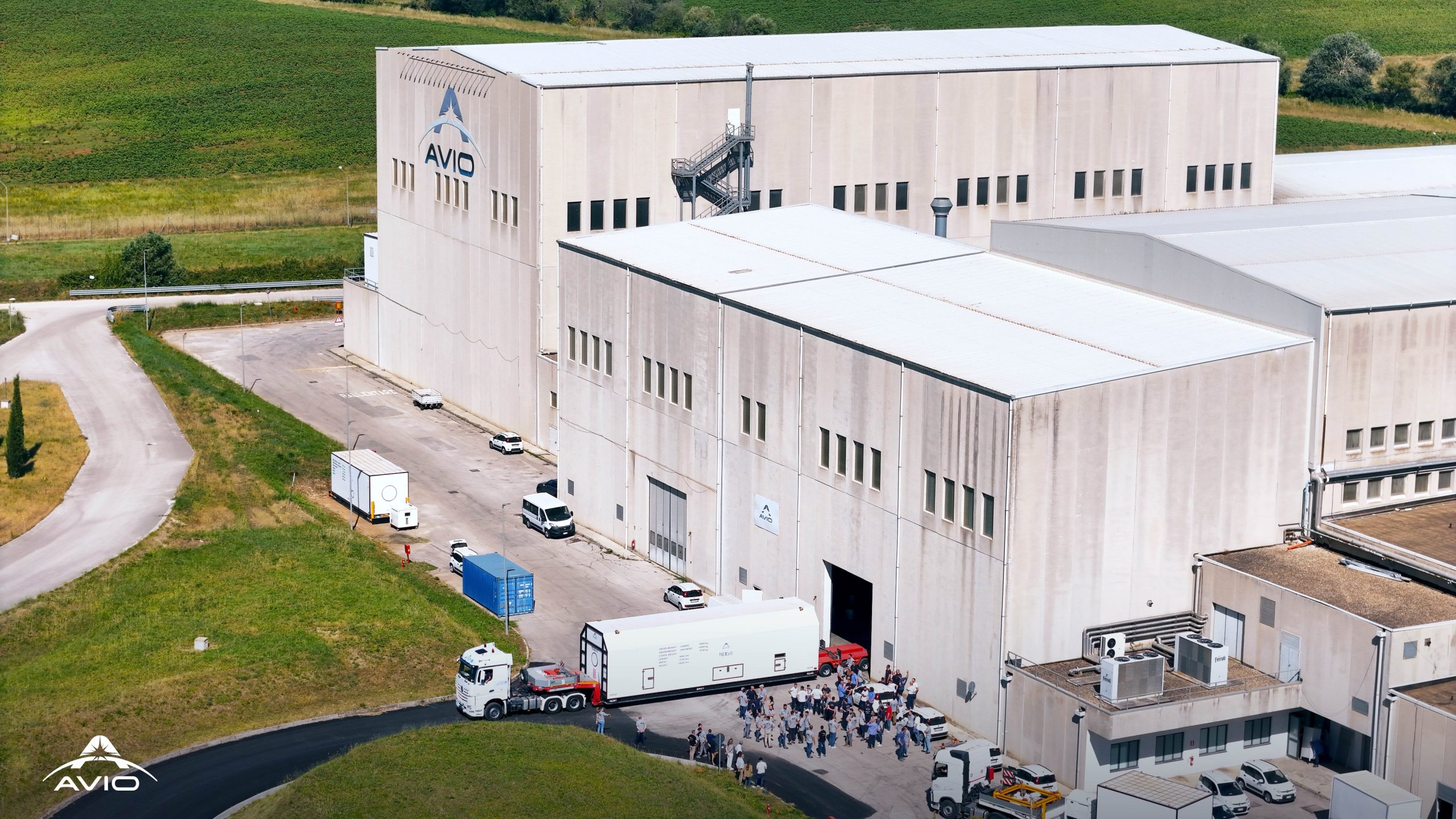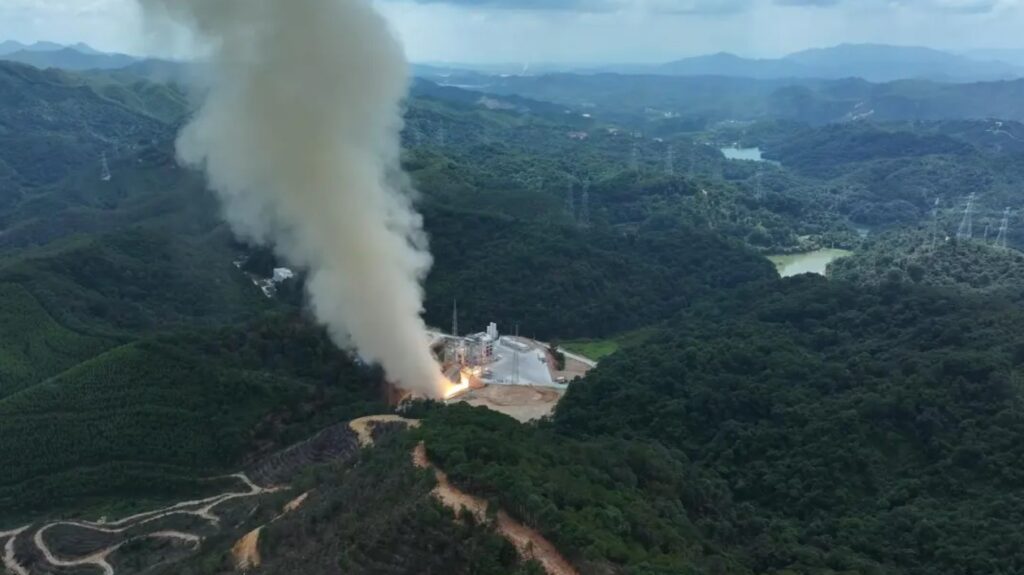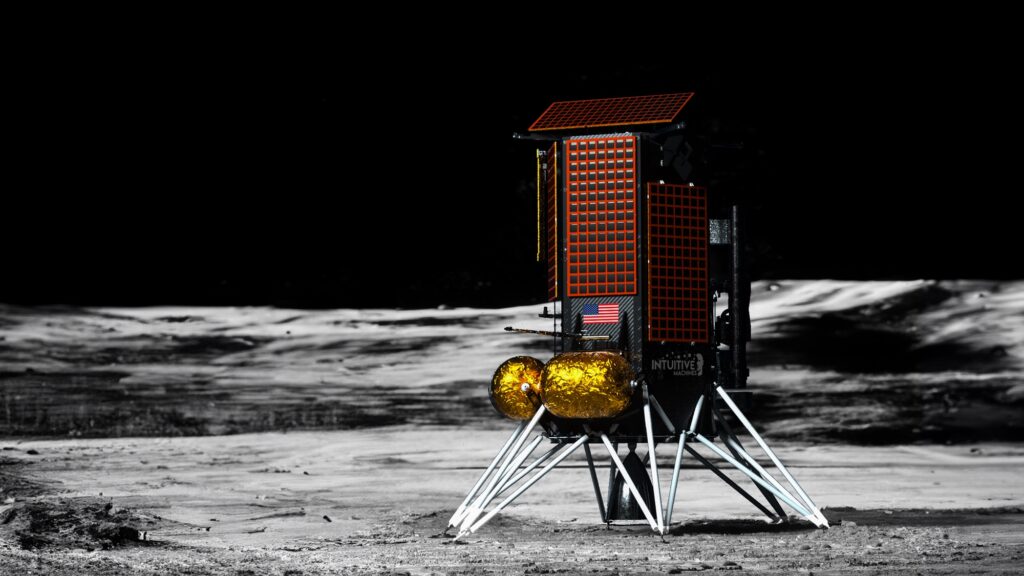Now Reading: Avio secures solid rocket deals with Lockheed Martin, Raytheon
-
01
Avio secures solid rocket deals with Lockheed Martin, Raytheon
Avio secures solid rocket deals with Lockheed Martin, Raytheon


WASHINGTON — Italian aerospace propulsion firm Avio announced agreements with U.S. defense contractors Raytheon and Lockheed Martin granting each preferred access to solid rocket motors from its planned U.S. manufacturing plant.
Avio announced the agreements Nov. 10 as American defense primes race to secure additional supply amid surging global demand for missiles and advanced weaponry.
The new facility is expected to be operational by early 2028, though Avio has not yet disclosed its location.
Under the arrangement with Lockheed Martin, “Lockheed Martin will have preferred access to a portion of the Avio USA plant production capacity to meet future demand for its products,” according to Avio. Tim Cahill, president of Lockheed Martin Missiles and Fire Control, said the collaboration “positions us to increase production of essential capabilities and deliver them to our customers faster as global demand grows.”
Raytheon will receive similar preferred access to production capacity under a comparable agreement. The deal follows a July 2024 contract between the companies for preliminary engineering work on a tactical rocket motor for Raytheon’s Standard missile program for the U.S. Navy. Bob Butz, vice president of operations, supply chain and quality at Raytheon, said the agreement “will help establish an additional supplier of solid rocket motors within the U.S.”
Solid rocket motors are critical components that power many of the missiles and tactical weapons systems that both contractors produce, and both firms face rapidly increasing demand driven by ongoing conflicts globally.
Planned investment
Avio said it plans to invest approximately $460 million to increase its manufacturing capacity, with most of that capital earmarked for the new U.S. manufacturing facility. The initiative stems from the company’s 2022 announcement to establish a domestic manufacturing presence for solid rocket motors.
Avio USA, the company’s U.S. subsidiary based in Arlington, Virginia, operates under U.S. security and export-control regulations and is governed by a U.S.-led board. The unit is led by retired U.S. Navy Vice Adm. James Syring, former director of the Missile Defense Agency, who called the Lockheed Martin agreement “a pivotal step for the future of Avio USA, solidifying our status as a trusted partner and merchant supplier for both tactical and strategic size solid rocket motors in the U.S.”
Both Lockheed Martin and Raytheon have also pursued agreements with other solid rocket motor suppliers and invested in startups entering the sector, seeking to diversify their supply chains as demand accelerates.
Once operational, Avio USA would join a growing group of firms attempting to expand U.S. industrial capacity for large solid rocket motor boosters, where Northrop Grumman and L3Harris currently serve as the primary suppliers.
Avio, which develops solid, liquid and cryogenic propulsion systems, is the prime contractor for Europe’s Vega rocket program and acts as a subcontractor for Ariane 6, which uses Vega boosters. The company manufactures solid rocket motors in Italy and operates a facility in French Guiana to support space launches.
Stay Informed With the Latest & Most Important News
Previous Post
Next Post
-
 01Two Black Holes Observed Circling Each Other for the First Time
01Two Black Holes Observed Circling Each Other for the First Time -
 02From Polymerization-Enabled Folding and Assembly to Chemical Evolution: Key Processes for Emergence of Functional Polymers in the Origin of Life
02From Polymerization-Enabled Folding and Assembly to Chemical Evolution: Key Processes for Emergence of Functional Polymers in the Origin of Life -
 03Astronomy 101: From the Sun and Moon to Wormholes and Warp Drive, Key Theories, Discoveries, and Facts about the Universe (The Adams 101 Series)
03Astronomy 101: From the Sun and Moon to Wormholes and Warp Drive, Key Theories, Discoveries, and Facts about the Universe (The Adams 101 Series) -
 04True Anomaly hires former York Space executive as chief operating officer
04True Anomaly hires former York Space executive as chief operating officer -
 05Φsat-2 begins science phase for AI Earth images
05Φsat-2 begins science phase for AI Earth images -
 06Hurricane forecasters are losing 3 key satellites ahead of peak storm season − a meteorologist explains why it matters
06Hurricane forecasters are losing 3 key satellites ahead of peak storm season − a meteorologist explains why it matters -
 07Binary star systems are complex astronomical objects − a new AI approach could pin down their properties quickly
07Binary star systems are complex astronomical objects − a new AI approach could pin down their properties quickly
















